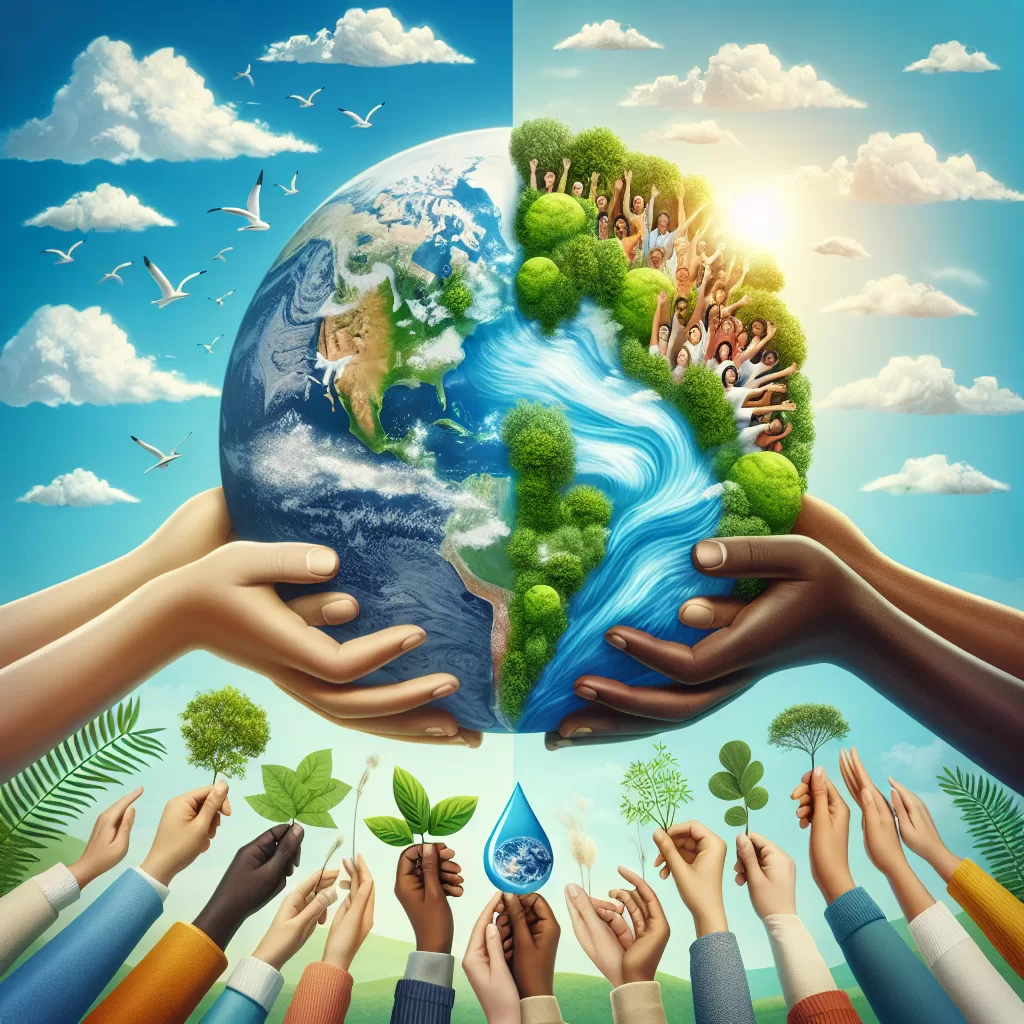The economic consequences of climate inaction also pose a severe threat to peace. When communities lose their livelihoods, social unrest can follow. Economic hardship opens the door for far-right forces to stoke xenophobia and racism. Governments that neglect climate action now increase the likelihood of future instability.
The trend of global leaders backtracking on climate action is driven by a sensationalist and misinformed public narrative that net zero is detrimental to the economy. This is a falsehood, as recent reports show that the net-zero industry is an important driver of growth and ignoring climate action now will saddle us with significant financial and human costs in the years ahead.
The latest IPCC reports confirm that climate impacts are already driving poverty, hunger, and displacement in some of the world’s most vulnerable communities. These inequalities will deepen, with consequences for all, unless emissions are reduced and adaptation efforts accelerated. The decision of the UK and many other governments to cut aid budgets to fund defense is particularly jarring, undermining the delicate balance between the Global North and the Global South.
At COP26 in Glasgow, Scotland became the first country to commit finance to the issue of loss and damage, referring to payments from the Global North to the Global South to deal with the irreversible climate impacts they are already experiencing. This act of reparation, rather than charity, is a crucial step towards climate justice.
Stepping back from loss and damage would be a serious mistake. Failure to ameliorate the irreversible impacts already being suffered will drive more conflict across the world. Moreover, if the Global North breaks its promises again, the understandable skepticism of the Global South about the efficacy of the COP process will only grow.
Acting in good faith on all aspects of climate injustice is fundamental to any vision of a peaceful world. Climate action is a question of justice, as the poorest countries have contributed least to the crisis yet bear the brunt of its impacts. This is not just a moral failure but also a geopolitical risk. We cannot expect the Global South to cooperate in a system that repeatedly ignores their needs and priorities.
The principle of multilateralism – the foundation of the post-war global order – must be defended. When powerful countries sideline the ‘one country, one vote’ multilateralism, they signal that might makes right, an approach that makes conflict more, not less, likely.
At COP30 in Brazil, the future of global cooperation on climate change – indeed of the UN process itself – is on the line. Leaders of goodwill across the world must recognize that climate justice, whether on mitigation, adaptation, or loss and damage, is an essential ingredient for a peaceful world. Pandering to strong-man egos will only deepen injustice and increase global instability.
For the sake of future generations, today’s leaders must stand up for justice and be willing to secure a future built on the common good. With political will, COP30 can be a turning point when the norms and values necessary for peace are reinforced. The imperative of bequeathing a healthy and peaceful planet to those who come after us demands that it be so.

